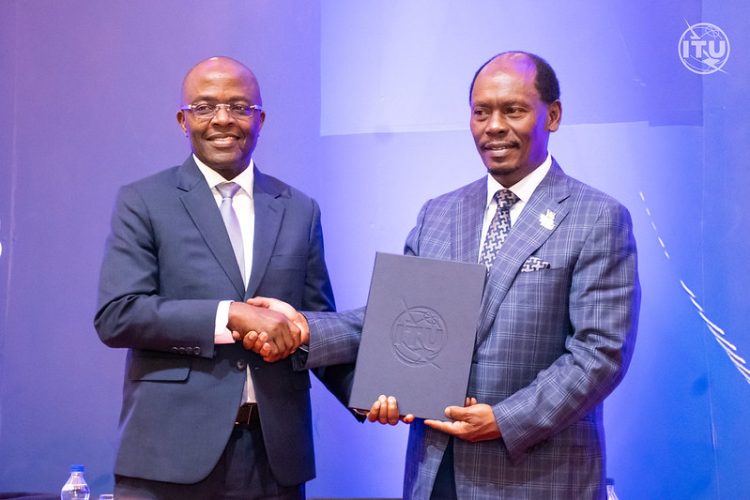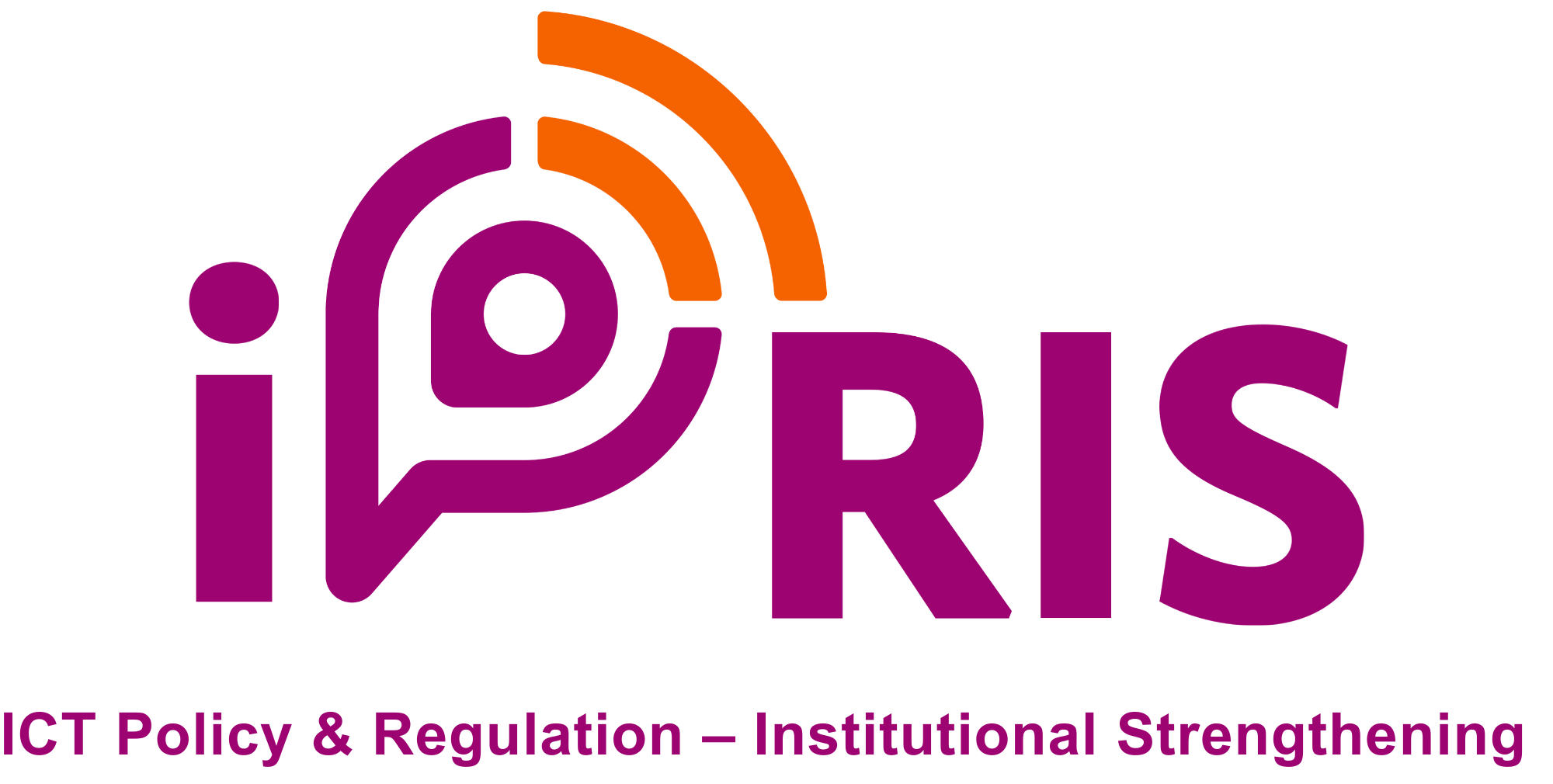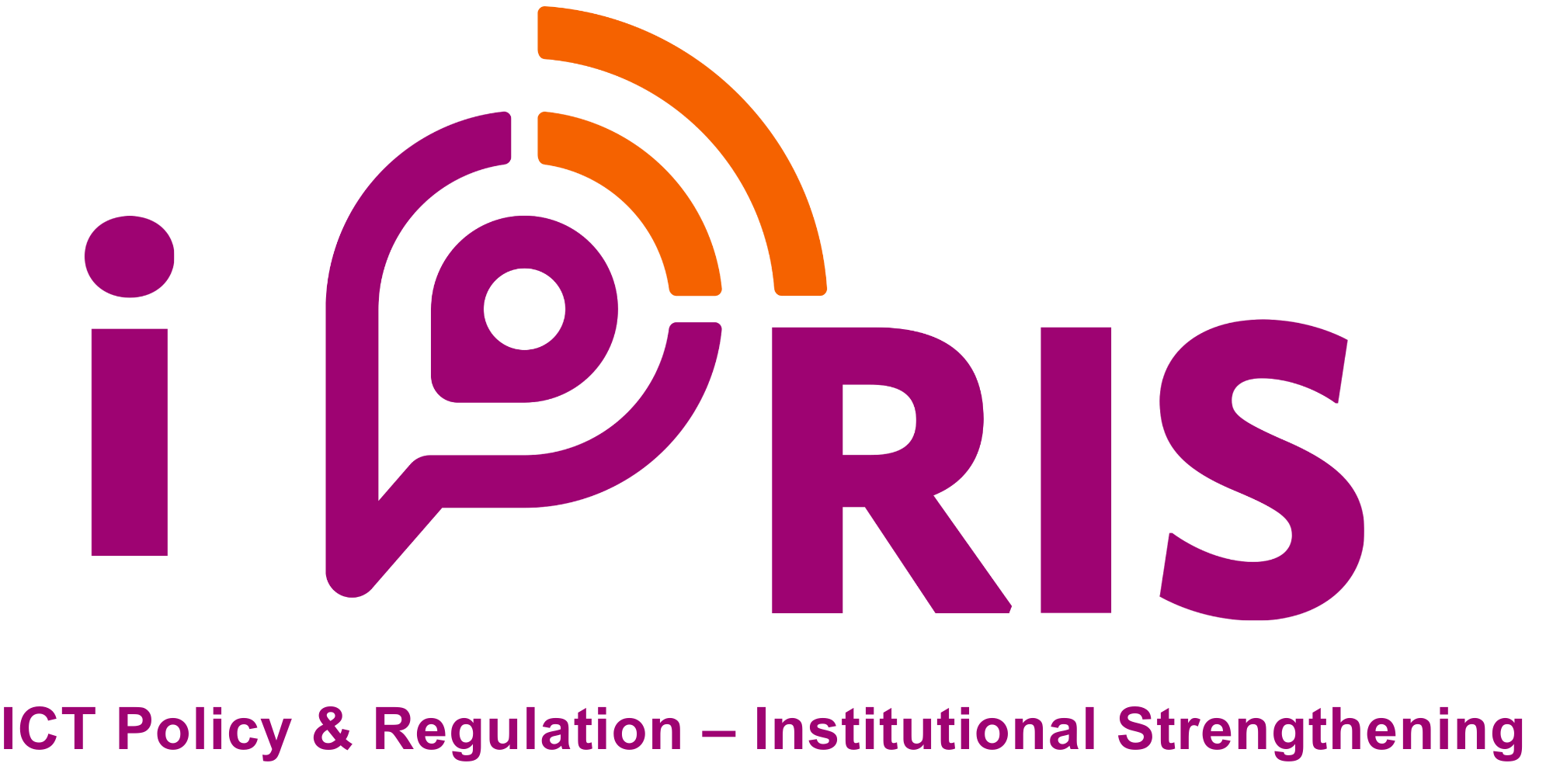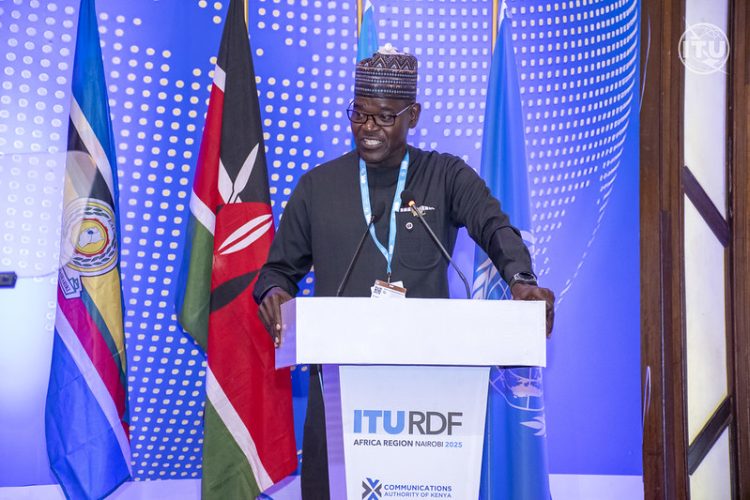The Communications Authority of Kenya (CA), on 7th April, hosted a high-level Regional Development Forum (RDF) for Africa in Nairobi. This meeting brought together primary stakeholders in the telecommunications and ICT sectors to discuss the continent's digital shifts. The International Telecommunications Union (ITU) organised and led the convening, in collaboration with the Africa Telecommunications Union (ATU), to analyse Africa’s digital evolution and discuss regional focus as the telecommunications industry anticipates the 2025 World Telecommunication Development Conference (WTDC). WTDC-25 will take place in Baku, Republic of Azerbaijan, from 17 to 28 November 2025.
This convening provided an opportunity to provide solutions to the issues that Africa grapples with in the digital landscape. The meeting came at an appropriate moment, as the region deals with slow internet adoption and connectivity costs and a concerning digital inequality gap. The Cabinet Secretary of ICT in Kenya, William Kabogo, stated that:
‘This forum is very important for us in Africa, because if you go to Nigeria, a very fast-moving society, they have their successes. You come to Nairobi; we say we are the Silicon Savannah of Africa. If we exchange experiences and information among ourselves, we should be able to get to the top and then tell our development partners this is what we think you can do to assist us.’

Cosmas Zavazava, Director of the Telecommunication Development Bureau at ITU (left), and William Kabogo, Cabinet Secretary for the Ministry of Information, Communications, and the Digital Economy in Kenya (right). Photo courtesy ©ITU/S. Kinyanjui
The participants insisted on the need for Africa-pioneered solutions, with regional cooperation in mind for the success of the digital environment in Africa. It was noted that such actions can drive development goals that align with Africa’s priorities. John Omo, the Secretary General ITU, revealed that:
‘When digital access remains unreliable and unavailable for nearly 60% of our people, economic participation, social inclusion, and public service delivery are all undermined, and these are development barriers that require coordinated and actionable responses.’
John Omo, the Secretary General ITU. Photo courtesy of ITU/S. Kinyanjui
This convening also assessed the progress made toward the Kigali Action Plan, which was adopted in 2022. This plan focused on expanding broadband, supporting innovations in the region, and promoting safer digital environments.
The Regional Preparatory Meeting for WTDC-25 for Africa (RPM-AFR) took place from 8 to 9 April after the RDF on the 7th in Nairobi. Mr David Mugonyi, EBS, Director General of CA Kenya welcomed the delegation on 8th following the inception of RPM-AFR.
Mr David highlighted the significance of RPM-AFR in anticipation of WTDC-25 stating that
“Digital transformation is a socio-economic imperative for every African country. In capitals across Africa, the hunger for innovation is palpable, our relentless youth are united in demand of more connectivity, more skills, and more prosperity. Our entrepreneurs are attacking opportunities, governments are expanding service delivery and our communities wait expectantly for the fruits of this digital transformation.”
Dr Emma Otieno, Head of Central & Eastern Region at CA, attended the event and shared insightful thoughts from the discussions that took place during RPM-AFR. She revealed that:
“One of the things that have interested me, and we can take pride in because they are aligned to the objectives of iPRIS, is the issues related to capacity building. One commendable thing is that capacity building has been touted as a key pillar in every initiative discussed here. We've discussed emerging technologies, AI, quantum computing, and big data. Capacity building is a key pillar if Africa has to join the race for emerging technologies, especially artificial intelligence.”
Dr Emma is an iPRIS alumni and participated in the first ever iPRIS cohort that had their initial round in Stockholm in November 2023 and their Africa round in Namibia in March 2024. Read more about the first-ever iPRIS cohort’s activities while in Namibia here







